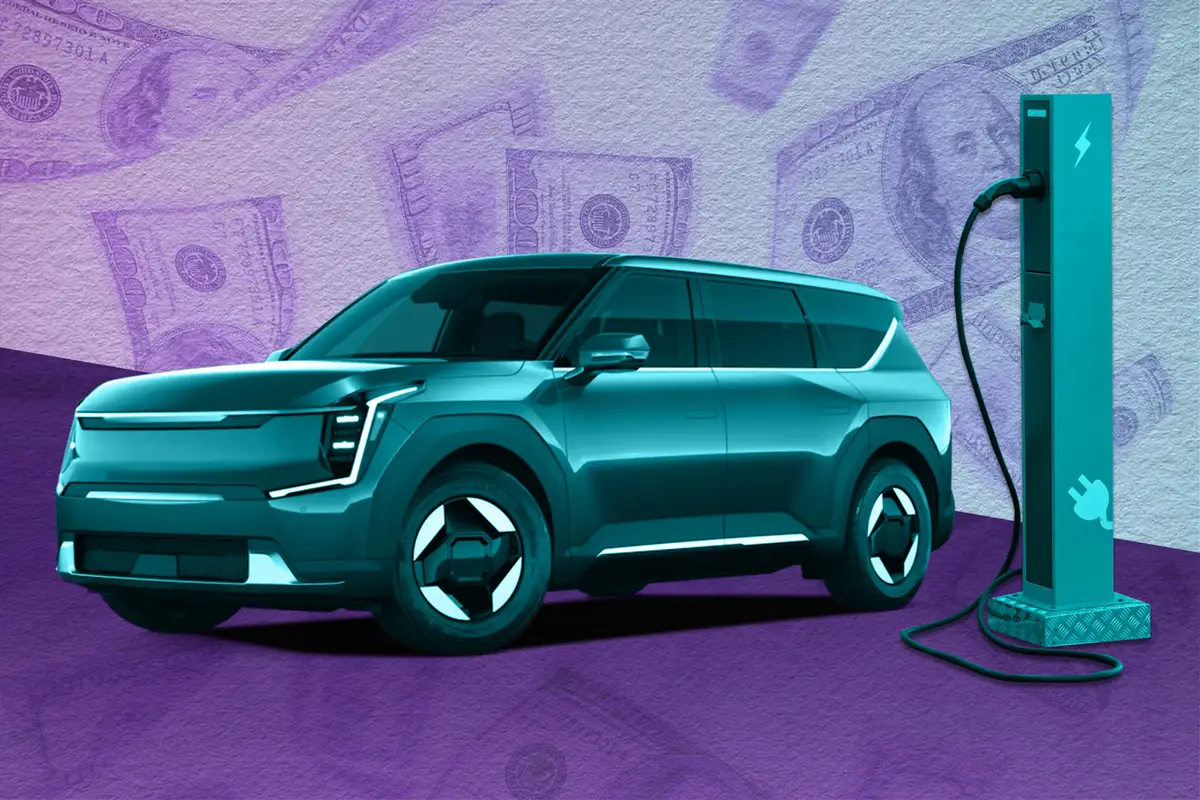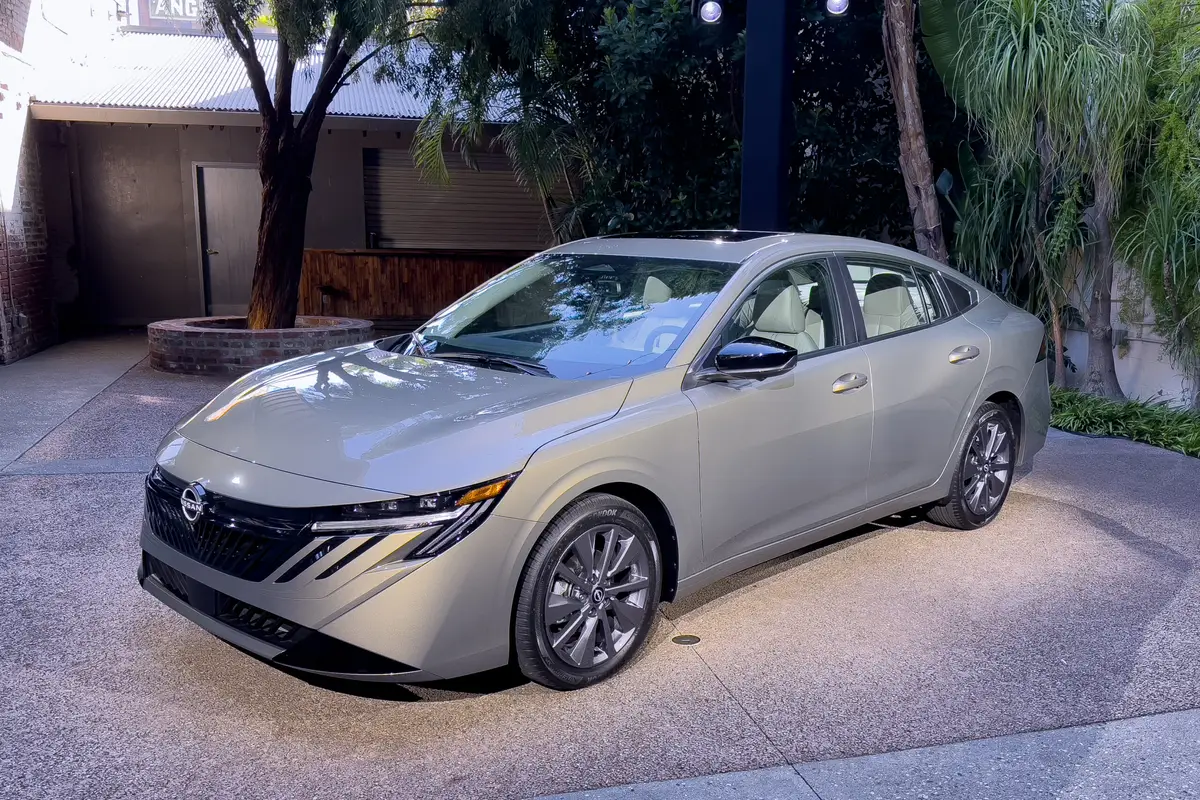How Many Years is 72 Months? (For Most Car Shoppers, Too Many)

Seventy-two months equals six years — and if you’re shopping for a car, that’s a long time to make payments. But such loans have become commonplace as consumers buy ever-pricier vehicles, and seven-year loans are rising in their wake. (That’s 84 months, in case you’re counting.)
Related: What to Know Before Taking on a 72- or 84-Month Car Loan
How Did 72-Month Loans Become So Popular?
Popularity for such loans spiked in the early stages of the COVID-19 pandemic, with automakers rolling out financing incentives to spur suddenly stagnant sales. Most notable among them was a rise in 0% financing for 72 or 84 months from the likes of Fiat Chrysler Automobiles, GM and Hyundai. In fact, 84-month financing became so popular that it accounted for more than 1 in 5 new-vehicle sales for a short period in late March and early April 2020, or more than double its pre-COVID popularity, according to J.D. Power.
These ultra-long terms have only continued to grow in popularity, with nearly one-third of all new-car auto loans in the first quarter of 2025 being for 73 months or longer, per Experian. Some lenders now even offer 96-month loans, and take it from us: Eight years is a long time to pay off a car.
Especially among automakers’ finance arms — think Chrysler Capital or GM Financial — 72- and 84-month loans have “really continued to be almost a staple of their product offering,” said Greg McBride, chief financial analyst at Bankrate. “That’s only perpetuated in recent years as the average sticker price of new-car purchases has risen.”
What About Those 0% Interest Rate Deals?
Most shoppers don’t actually secure those advertised 0% financing deals. To qualify for these deals, you need to have a very good credit score (which Experian defines as a FICO Score of 740 to 799) and a well-established history of making full payments on time. Most borrowers will end up qualifying for higher rates, especially if they’re looking to reduce payments by going for a longer-term loan. Lengthier car loans require banks to take on more risk, so interest rates are typically higher. Per Federal Reserve data, the average 60-month new-car loan in 2024 had an 8.16% interest rate, but a longer 72-month new-car loan averaged out at 8.29%.
Of course, longer loans lower your monthly payment amounts. Finance $30,000 on a vehicle at 8.16% for 60 months and your monthly payment works out to $611; finance the same amount at 8.29% for 72 months and the payment drops to $530.
You’ll also pay more over the life of the loan: roughly $8,200 in total interest for the 72-month loan mentioned above, versus around $6,600 in the aforementioned 60-month loan. And that’s not the only problem:
- You could be upside-down on the car for much of the loan term, owing more money than its residual value if you need to trade it in.
- Along the same lines, your insurance provider may require you to carry gap insurance, which pays the difference in the event of a total loss between what your car was worth and what you still owe on the loan.
- You might encounter a budget crunch five or six years down the road, with monthly payments unchanged and expensive repairs on a vehicle that’s past its new-car warranty and is worth far less.
For the creditworthy few who can get 0% loans for such lengthy terms, it’s free money — but even then, months or years of upside-down equity awaits from the moment you drive off the lot. That’s the sort of exposure you want to limit, McBride warned.
“Zero percent interest rate can offset that [exposure to negative equity], but you’re still knocking down that balance at a slower pace,” he said. “Having less equity in the vehicle does subject you to a deficiency balance in the event the car is totaled, or the added cost of carrying gap insurance. The depreciation of the car doesn’t depend on whether you got 0% financing or not. The car’s going to depreciate at the same pace.”
More From Cars.com:
- How to Buy a Car, According to Cars.com Experts
- How Do You Get the Best Interest Rate on a Car Loan?
- How to Get a Car Loan
- More Car Financing Advice
- Find Your Next Car
Cars.com’s Editorial department is your source for automotive news and reviews. In line with Cars.com’s long-standing ethics policy, editors and reviewers don’t accept gifts or free trips from automakers. The Editorial department is independent of Cars.com’s advertising, sales and sponsored content departments.
Featured stories



